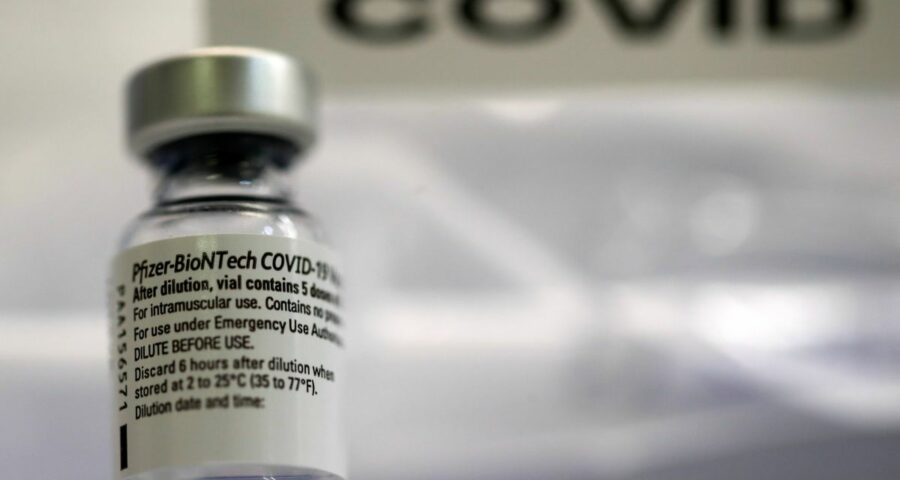Pfizer said it sought to participate in the Subject Expert Committee consultations for an emergency use authorisation of its Covid-19 vaccine. However, the company representatives have been unable to participate in the meetings because of extremely short notices of a few hours or less and time-zone limitations.
After a three-time no-show before the expert panel on vaccines in India, US major Pfizer, which was one of the first firms to apply for a restricted emergency use approval in the country, says it is compiling responses to queries raised by the Indian regulator.
The company spokesperson clarified that the firm is committed to engaging with the Government of India.
A Pfizer spokesperson elaborated: “Pfizer sought an opportunity to participate in the Subject Expert Committee (SEC) consultations towards an emergency use authorisation for our Covid-19 vaccine. However, the company representatives have been unable to participate in previous meetings because of extremely short notices of a few hours or less and time-zone limitations, given that the participating team is primarily based out of the United States.”
The company added that in the meantime, it is in the process of compiling responses to queries raised by the regulator on the data provided.
“We remain committed to engaging with the Government of India to make this vaccine available for use by the government in the country,” the spokesperson said, adding that the company is committed to working with the Indian government to ensure equitable access to its Covid-19 vaccine.
The Covid-19 SEC that is advising the Drugs Controller General of India (DCGI) VG Somani on the matter of drugs and vaccines met in mid-December to review the applications of Serum Institute of India (SII), Bharat Biotech International (BBIL), and Pfizer. Pfizer did not turn up for the December 9 meeting.
Thereafter, the SEC met on December 30 and then on January 1 to discuss matters with the vaccine makers. The US major had not participated in these meetings as well.
On January 1, the SEC recommended approval to Serum Institute’s vaccine and sought more details from Bharat Biotech, which the firm presented on January 2. The DCGI approved both the vaccines on January 3 after SEC recommendations.
A source in the know indicated that no date has been fixed yet for the SEC to meet next.
Pfizer-BioNTech’s mRNA vaccine, which has been rolled out in the US and UK already, required a minus 70 degree celsius cold chain to remain stable.
The company has worked out cold chain solutions for the same (including thermal boxes with geo-tagging) and has also indicated that it may offer a price lower than other markets for India. In US, the vaccine costs $39 for two doses.
The Centre, too, has indicated that it is engaging with the US major. Cold chain infrastructure, owned by the Department of Agricultural Research and Education, would be sufficient for handling the temperature requirements for Pfizer vaccine at some geographical locations.
- The War Against Coronavirus
Source: Read Full Article


